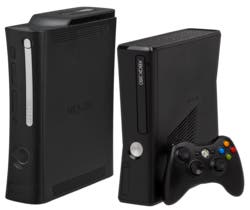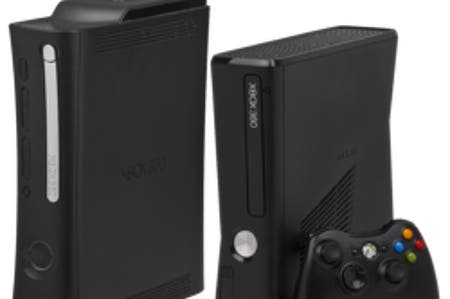Microsoft rejects Motorola settlement offer as Xbox patent row escalates
Refuses suggested royalty of 2.25 per cent on each Xbox sold.

Microsoft has rejected Motorola's offer to settle over the patent row that threatens to halt the sale of the Xbox 360 in the US.
Google-owned Motorola had offered to pay Microsoft 33 cents for each Android phone using ActiveSync, which updates calendars automatically, and asked for a royalty of 2.25 per cent on each Xbox and 50 cents per copy of Windows for using its patents.
Microsoft dismissed the offer. "While we welcome any good faith settlement effort, it's hard to apply that label to a demand that Microsoft pay royalties to Google far in excess of market rates, that refuses to license all the Microsoft patents infringed by Motorola, and that is promptly leaked to the press," Horacio Gutierrez, Microsoft's deputy general counsel, told Reuters.
This is the latest twist in what has been a nasty battle for patent control between two of the biggest tech companies in the world.
Last month Judge David Shaw told the International Trade Commission that it should use a cease and desist order to ban imports of the Xbox 360 Slim 4GB and 250GB models into the US because, in his view, they infringe on four patents owned by Motorola.
He also wanted Microsoft to post a bond equal to seven per cent of the value of unsold Xbox 360s in the US.
The patents at the heart of the dispute revolve around how the Xbox 360 decodes video content. Motorola claims ownership on the tech powering this.
Microsoft argued the ban would not serve the public interest because it would leave consumers with only two home console options: the PlayStation 3 and the Nintendo Wii. But the judge rejected the claim, saying it was more important to enforce intellectual property rights. Plus, he wasn't convinced Sony and Nintendo wouldn't be able to meet increased demand.
If the ITC makes the judge's recommendation final, President Barack Obama will then have 60 days to review the decision. After that period expires, the next step is the Court of Appeals for the Federal Circuit.
In May a US judge accused the warring factions of using the US District Court as "a pawn in a global, industry-wide business negotiation".
Judge James Robart said both sides were clearly "driven by an attempt to secure commercial advantage". "To an outsider looking at it, it has been arbitrary, it has been arrogant and frankly it has been based on hubris," he said.
A German court has already ruled in favour of Motorola, granting an injunction prohibiting sales of the console in the country. However, Robart issued a temporary restraining order preventing Motorola from enforcing that decision.









